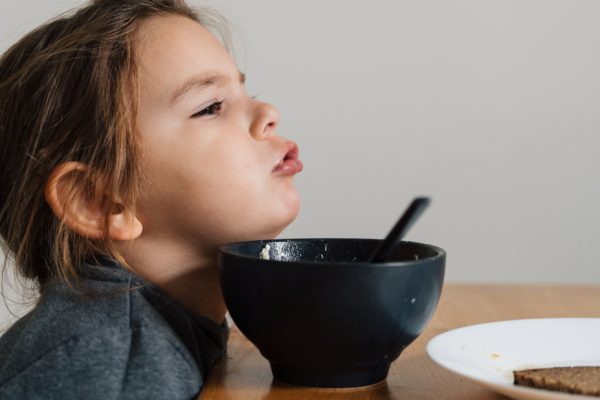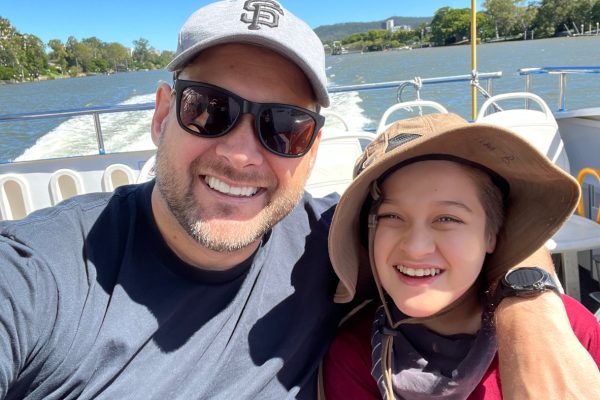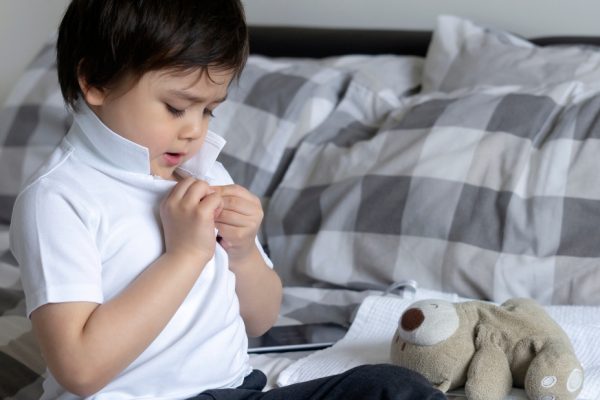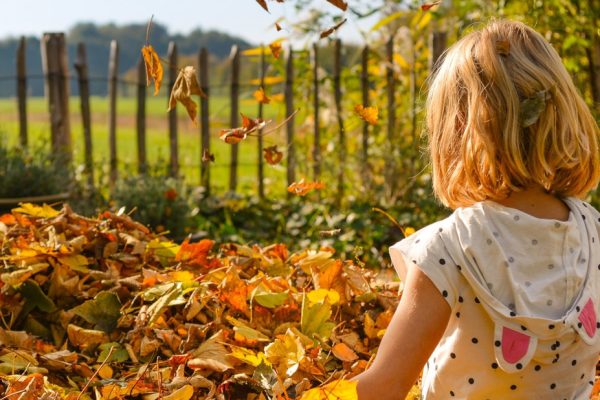
Ways to support a friend whose child has recently been diagnosed
By Natalie Roberts-Mazzeo, Writer, speaker and founder of Miracle Mama
Some thoughts from a special needs mama:
1. Listen with an open heart. It’s normal to want to try and ‘fix’ things when loved ones are dealing with challenges. Yet sometimes the best thing to do is simply listen and hold space for your friend to share their worries.
2. Honour and validate the hard stuff. We are all united with the same wish to birth our children into the world healthy. So when health is taken away from our children, it brings up natural fears and worries. Validating feelings is a beautiful part of the process, it opens our hearts with greater compassion.
3. Research the condition. It may take the weight off the parent, who is in a world of shock, to not have to explain all the details associated with the diagnosis. You don’t have to read through medical journals and get your professor hat on, but understanding some of the basics will help. We live in an ‘information at your fingertips’ world, so a little Google action is a great place to start.
4. Ask how you can help. What would help your friend right now? Perhaps with the sudden hospital admissions, or medical and therapy appointments, they may need assistance with home cleaning, cooked meals or more. *Note here for the special needs parents – be clear with what you need. Friendships require dual energy, and it’s important to also understand that your friend may not know the best way to support you unless you tell them.
5. Be patient. Your friend might be slow in returning a text message, email or phone call. I know this sounds a little crazy, but sometimes after a rough night, week or month, simplest things like a phone call can feel huge for a tried, exhausted and worried parent.
6. Keep inviting. Many parents will not have the same ease, freedom and flow with their social events due their child’s needs (or even their own needs if they’ve been up all night with feeding tubes, oxygen, medications, seizures and feel exhausted both physically and emotionally). Please be understanding when they may have to cancel or say ‘no’ more than ‘yes’ to attending gatherings. Please keep including them though, trust me, they would love to be there if they could.
7. Educate your family, friends and kids. The new generation of children are incredible and in better placed than ever to embrace their diverse peers. Special needs siblings are a wonderful example, but so too are children who don’t live with diversity. Talk openly with your children, family and friends about differences, and be curious about the questions they ask too. Let’s get these important conversations flowing.
8. Don’t take it personally. Friendships change when a diagnosis hits, some will strengthen, others will weaken. Don’t assume that your friendship is over, if communication changes significantly. It’s a whirlwind when the diagnosis hits, often parents are just trying to keep up with their child’s medical and therapy needs. I believe a solid friendship is unshakable, when you both allow space for the friendship to evolve. 9. Trust they are doing their best. Believe me when I say that all special needs parents want to be the same friend they were before their child was diagnosed, they want to be there for you and celebrate your child’s milestones and miracles. Sometimes, it’s not what you think – that they hurt to see your child walk, or talk – but more that they are actually just full with appointments and meeting their child’s extensive needs.
10. Be clear. If you are not sure what to say, then be honest and tell your friend. It’s okay not to know what to do or say. Be gentle on yourself too, you may have never had a friend whose child has received a diagnosis. You are both learning alongside one another.
11. Positive, negative or human? I know it can be tough to sit with people’s pain, especially when there is no end point or cure. Statements such as “try to be positive” or “look on the bright side” or any other well-meaning platitude can really hurt. Allow your friend to share their world honestly with you. Please don’t mistake grieving for negativity, sometimes we just need to allow the feelings to release so we can allow more space for joy.
12. Celebrate. Milestones are a massive cause of celebration for parents of children with a disability, but not in the usual way of first steps, or first words. Instead micro-milestones such as bringing a spoon to the mouth for the first time, or using a PODD communication to say hello. Be proud to celebrate together. * Note here for special needs parents, I also think it’s important to celebrate your friend’s child’s milestones. I know it’s tough on the heart when you compare, but let’s celebrate in each other’s lives no matter how vastly different they may be. Unity in diversity people, let’s do this!
13. Get creative. Sometimes your friend may need to me reminded of the things that lit them up before their child’s diagnosis. A gentle reminder may be the very thing that changes their energy on the day.
14. Don’t give up. Friendship is such a beautiful and sacred connection and one that will help your friend in ways you’ll never know. Thank you and please know you matter. I want to say thank you from the core of my being and heart to all the incredible humans who adapt, evolve, accept and embrace the wildly chaotic, messy, bumpy and miraculous journey alongside their friends. You matter so much and thank you.







